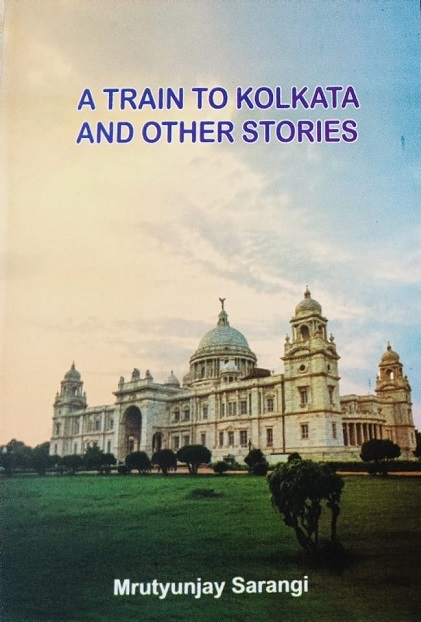
Editorial
When Autumn Leaves Start to Fall… Click here to read.
Conversations
Meet Barun Chanda, an actor who started his career as the lead protagonist of a Satyajit Ray film and now is a bi-lingual writer of fiction and more recently, a non-fiction published by Om Books International, Satyajit Ray: The Man Who Knew Too Much in conversation Click here to read.
Jim Goodman, an American traveler, author, ethnologist and photographer who has spent the last half-century in Asia, converses with Keith Lyons. Click here to read.
Translations
Professor Fakrul Alam has translated three Tagore songs around autumn from Bengali. Click here to read.
Nagmati by Prafulla Roy has been translated from Bengali as Snake Maiden by Aruna Chakravarti. Click here to read.
A Balochi Folksong that is rather flirtatious has been translated by Fazal Baloch. Click here to read.
A Letter Adrift in the Breeze by Haneef Sharif has been translated from Balochi by Mashreen Hameed. Click here to read.
Jajangmyeon Love, a poem has been written in Korean and translated by Ihlwha Choi. Click here to read.
Eshechhe Sarat (Autumn) by Tagore has been translated from Bengali by Mitali Chakravarty. Click here to read.
Poetry
Click on the names to read
Michael R Burch, Sunil Sharma, George Freek, Sutputra Radheye, Ryan Quinn Flanagan, Arshi Mortuza, Ron Pickett, Prasant Kumar B K, David Francis, Shivani Srivastav, Marianne Tefft, Saranyan BV, Jim Bellamy, Shareefa BeegamPP, Irma Kurti, Gayatri Majumdar, Rhys Hughes
Poets, Poetry & Rhys Hughes
In The Chopsy Moggy, Rhys Hughes gives us a feline adventure. Click here to read.
Musings/Slices from Life
A Tale of Two Flags in the South Pacific
Meredith Stephens visits an island that opted to adopt the ways of foreign settlers with her camera and narrates her experiences. Click here to read.
G Venkatesh revisits his Korean experience in a pre-pandemic world. Click here to read.
Mike Smith in a short poetic monologue evokes what the season means for him. Click here to read.
Musings of a Copywriter
In El Condor Pasa or I’d Rather be a Sparrow…, Devraj Singh Kalsi explores his interactions with birds with a splatter of humour. Click here to read.
Notes from Japan
In Rabbit Island, Suzanne Kamata visits the island of Okunoshima, where among innocence of rabbits lurk historic horrors. Click here to read.
Essays
A Turkish Adventure with Sait Faik
Paul Mirabile takes us on a journey to Burgaz with his late Turkish friend to explore the writings of Sait Faik Abasiyanik. Click here to read.
Ravi Shankar pays a tribute to a fellow trekker and gives a recap of their trekking adventures together near Mt Everest base camp. Click here to read.
The Observant Immigrant
In Sometimes Less is More…, Candice Louisa Daquin explores whether smaller communities can be assimilated into the mainstream. Click here to read.
Stories
Munaj Gul Muhammad takes on the persona of a woman to voice about their rights in Balochistan. Click here to read.
Chaturvedi Divi explores blindness and its outcome. Click here to read.
Sangeetha G gives a brief view of intrigue at court. Click here to read.
Book Excerpts
Ruskin Bond, excerpted from Between Heaven and Earth: Writings on the Indian Hills, edited by Ruskin Bond and Bulbul Sharma. Click here to read.
Excerpts from Rhys Hughes’ Comfy Rascals: Short Fictions. Click here to read.
Book Reviews
Rakhi Dalal reviews Rhys Hughes’ Comfy Rascals: Short Fictions. Click here to read.
Hema Ravi reviews Mrutyunjay Sarangi’s A Train to Kolkata and Other Stories. Click here to read.
Bhaskar Parichha reviews Krishna Bose’s Netaji Subhash Chandra Bose’s Life, Struggle and Politics, translated and edited by Sumantra Bose. Click here to read.
